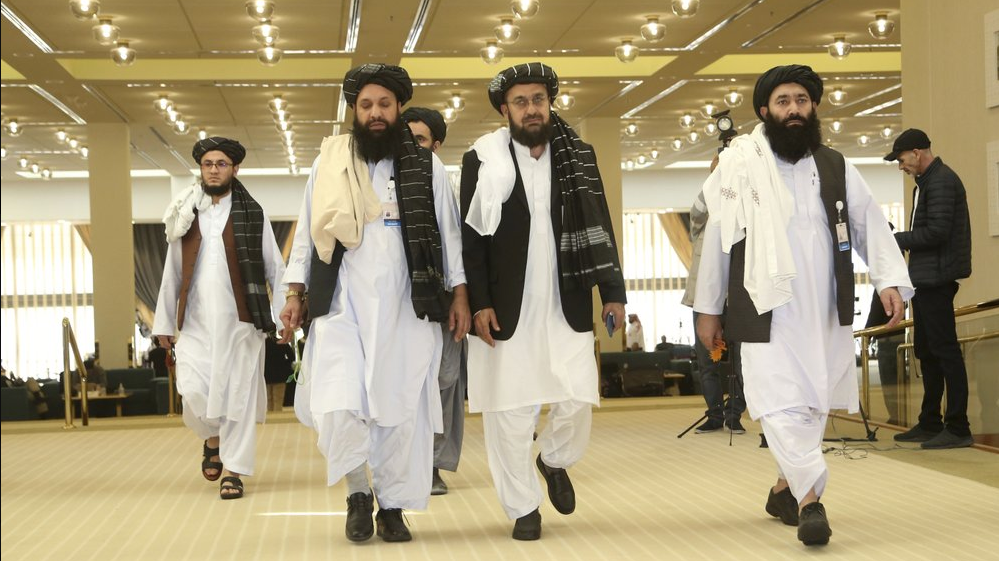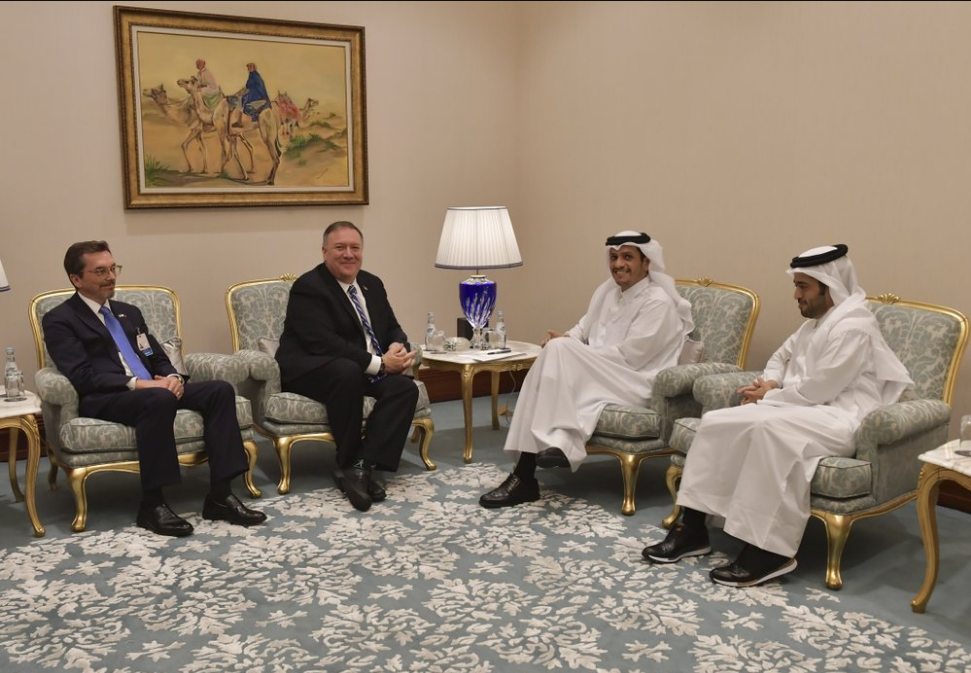
Afghanistan's Taliban delegation arrive for the agreement signing between Taliban and U.S. officials in Doha, Qatar, February 29, 2020. /AP
Afghanistan's Taliban delegation arrive for the agreement signing between Taliban and U.S. officials in Doha, Qatar, February 29, 2020. /AP
Taliban militants will not take part in intra-Afghan talks until the Afghan government releases about 5,000 of their prisoners, a spokesman said on Monday, presenting a major possible barrier to ending the war.
The statement came as a reduction of violence period came to an end, and the Taliban said a resumption of operations against Afghan government forces could now take place.
Under an accord between the United States and the Taliban signed on Saturday, the two sides are committed to working toward the release of combat and political prisoners as a confidence-building measure.
The agreement calls for up to 5,000 Taliban prisoners to be freed in exchange for up to 1,000 Afghan government captives by March 10. Afghan President Ashraf Ghani, not involved in the talks, has rejected that demand, claiming that its government has not made any commitment to release 5,000 Taliban prisoners before the start of any potential negotiation.
However, the Taliban insisted that there will be no intra-Afghan talks until the release.
Read more:
U.S. aims to withdraw all forces from Afghanistan in 14 months
Pompeo to attend signing of U.S.-Taliban troop withdrawal pact

U.S. Secretary of State Mike Pompeo (2nd L) meets with Qatar's Foreign Minister Sheikh Mohammed bin Abdulrahman Al Thani (2nd R) before a peace signing ceremony between the U.S. and the Taliban in Doha, February 29, 2020. /AP
U.S. Secretary of State Mike Pompeo (2nd L) meets with Qatar's Foreign Minister Sheikh Mohammed bin Abdulrahman Al Thani (2nd R) before a peace signing ceremony between the U.S. and the Taliban in Doha, February 29, 2020. /AP
The United States has said that after more than 18 years of war, it hopes negotiations toward a permanent political settlement and ceasefire can start in coming days, but Western diplomats and analysts see stark challenges ahead.
Since the deal on a reduction in violence in the seven days leading up to Saturday's pact had formally ended, the Taliban technically could attack Afghan forces. But U.S. General Scott Miller, commander of NATO forces in Afghanistan, said that the United States expected the Taliban to "be very serious" about their obligations, saying the reduction in violence was a confidence builder and the U.S. expects the violence in Afghanistan must remain low.
However, the Taliban had called the end of the temporary truce on Monday and fighting broke out in at least in two districts in the southern province of Kandahar. Five posts of government forces in Panjwahi and Maiwand were under attack, according to local police chief Sultan Mohammad Hakimi.
Besides, an explosion at a football field in Afghanistan's southeastern province of Khost killed at least three civilians and injured 11 on Monday. There was no immediate claim of responsibility and the Taliban issued a statement denying any involvement.
The Afghan war has been in stalemate for more than 18 years since U.S.-led forces ousted the hardline Islamist militants from power in 2001, with Taliban forces controlling or contesting more territory yet unable to capture and hold major urban centers.
A full withdrawal of all U.S. and coalition forces would occur within 14 months, a joint statement said. The withdrawal depends on security guarantees by the Taliban.
(With input from Reuters)